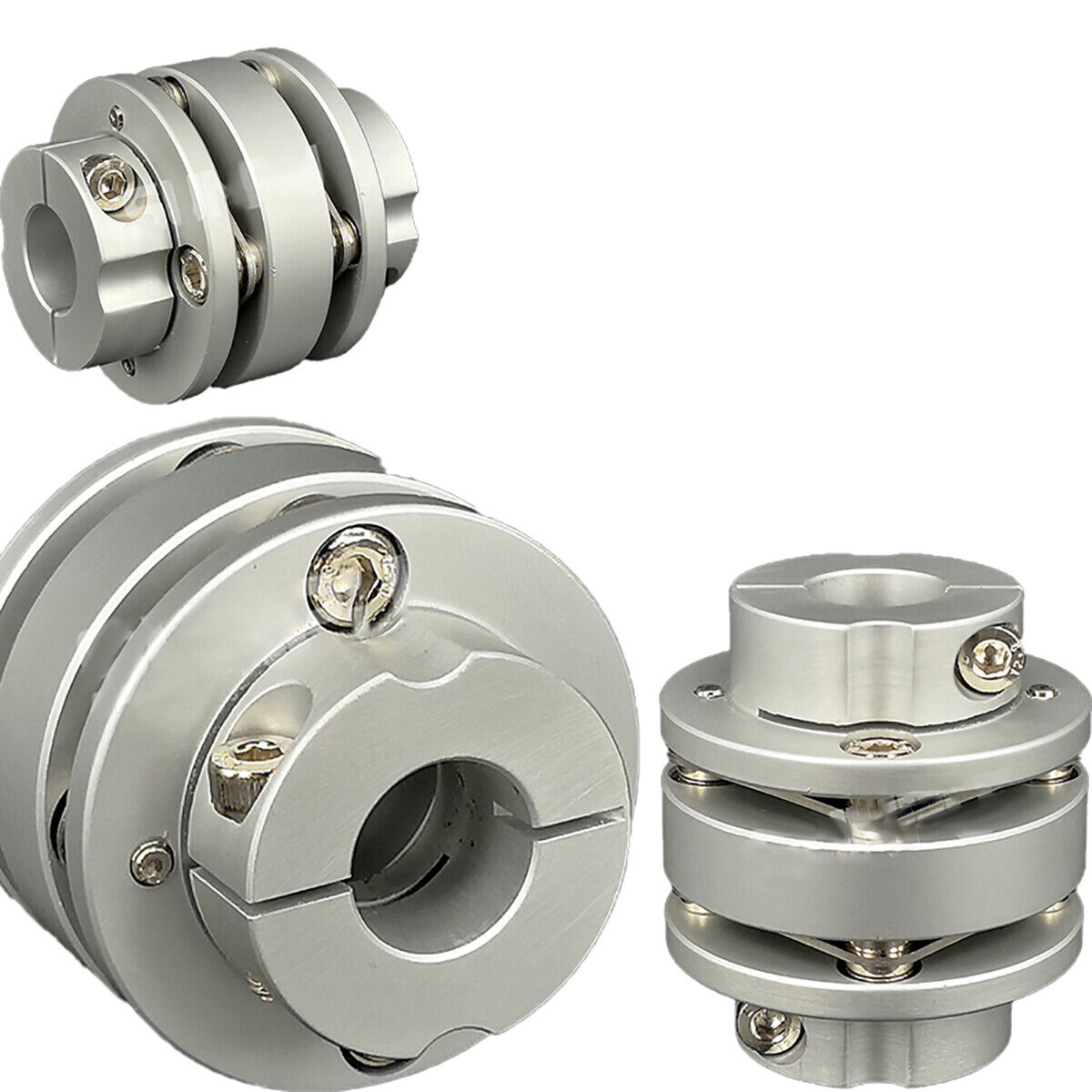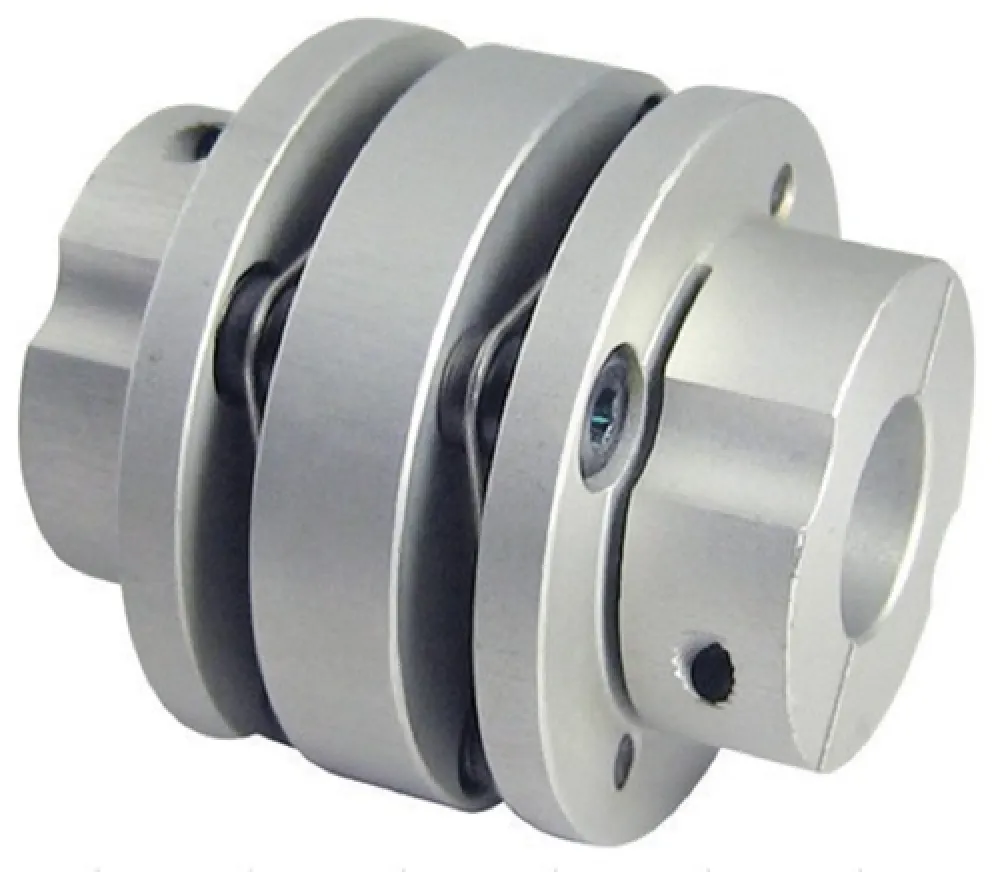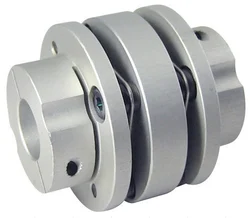Flexible Flange Coupling for Tidal Energy Converters
Introduction to Tidal Energy Converters
Tidal energy converters harness the power of tidal movements to generate electricity. These systems require robust and efficient components to ensure reliability and performance, especially in harsh marine environments.
Importance of Couplings in Tidal Energy Systems
Couplings are crucial in connecting various mechanical parts of tidal energy converters. They transmit torque and accommodate misalignments, ensuring smooth operation and reducing wear on other components.
What is a Flexible Flange Coupling?
A flexible flange coupling is a type of mechanical connector designed to transmit torque between two shafts while accommodating some degree of misalignment, vibration, and other dynamic forces.
Components of a Flexible Flange Coupling
The main components of a flexible flange coupling include the flexible element, flange plates, and fastening hardware. Each component plays a vital role in the coupling’s overall performance and flexibility.
Material Selection for Flexible Flange Couplings
Materials used in flexible flange couplings must withstand harsh marine conditions. Common materials include stainless steel, high-strength alloys, and specialized polymers for the flexible element.
Design Considerations for Tidal Energy Applications
Designing flexible flange couplings for tidal energy applications involves considering factors such as load capacity, misalignment tolerance, and resistance to corrosion and marine growth.
Advantages of Flexible Flange Coupling
Flexible flange couplings offer several advantages:
- High Misalignment Tolerance: They can accommodate angular, parallel, and axial misalignments.
- Vibration Damping: They absorb and reduce vibrations, protecting connected machinery.
- Shock Load Absorption: They can absorb sudden shocks and load variations, enhancing system durability.
- Maintenance Reduction: Their ability to compensate for misalignments reduces wear and tear on other components.
- Corrosion Resistance: Made from materials that withstand harsh marine environments.
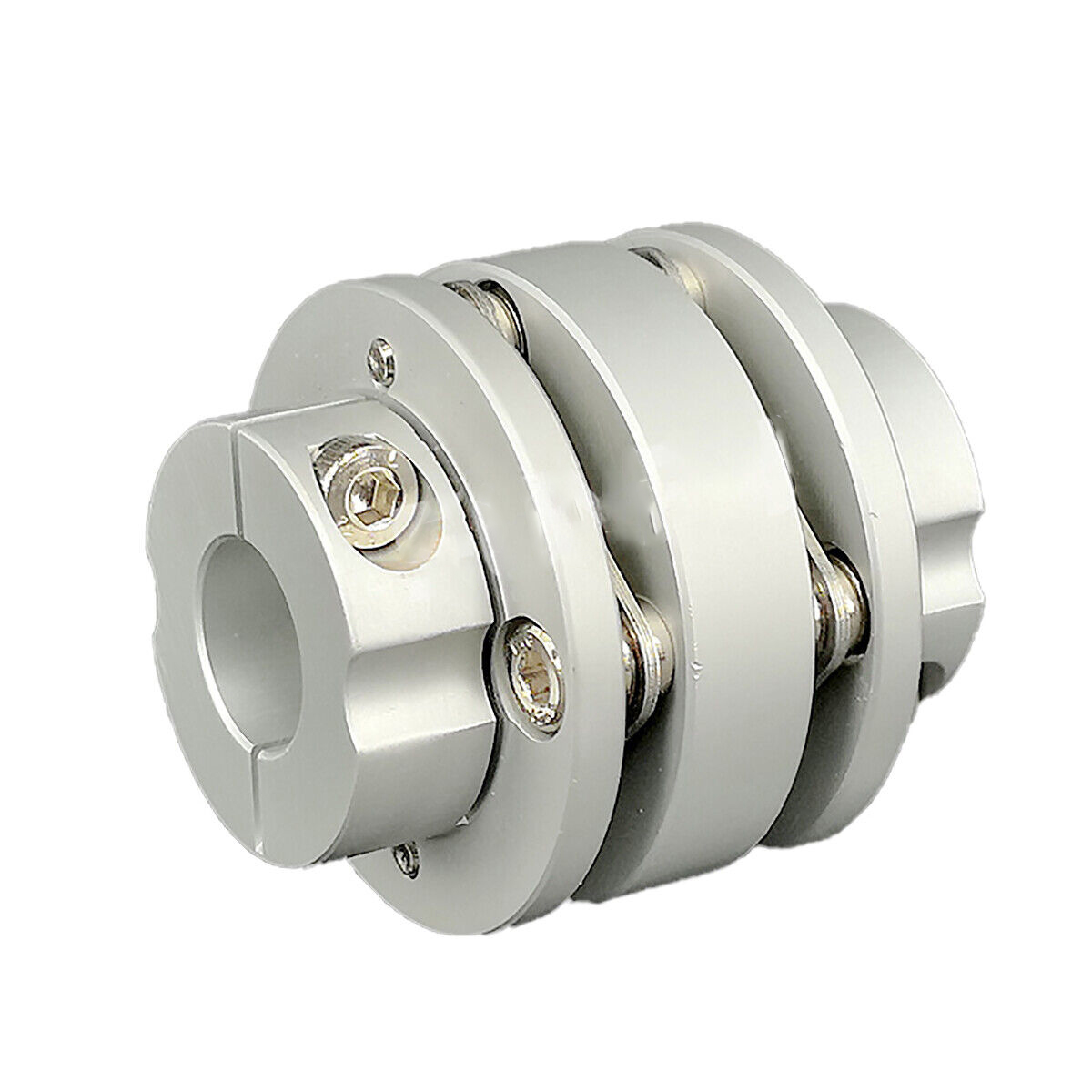
Installation and Maintenance
Proper installation and regular maintenance of flexible flange couplings are essential to ensure their longevity and performance. This includes correct alignment, regular inspections, and timely replacements of worn parts.
Applications in Tidal Energy Converters
Flexible flange couplings are used in various components of tidal energy converters, such as generators, turbines, and gearboxes, to ensure efficient power transmission and accommodate dynamic forces.
What Are the Advantages of Flexible Coupling?
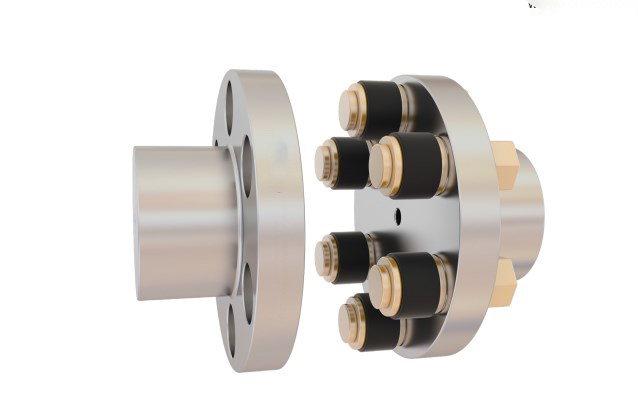
Advantages of flexible couplings include:
- Versatility: Suitable for various applications including tidal energy converters.
- Cost Efficiency: Reduces the need for frequent maintenance and replacements.
- Enhanced Safety: Mitigates risks associated with misalignments and vibrations.
- Durability: Made from robust materials to endure harsh conditions.
- Efficiency: Ensures continuous operation by compensating for dynamic forces and misalignments.
What is the Difference Between Solid and Flexible Coupling?
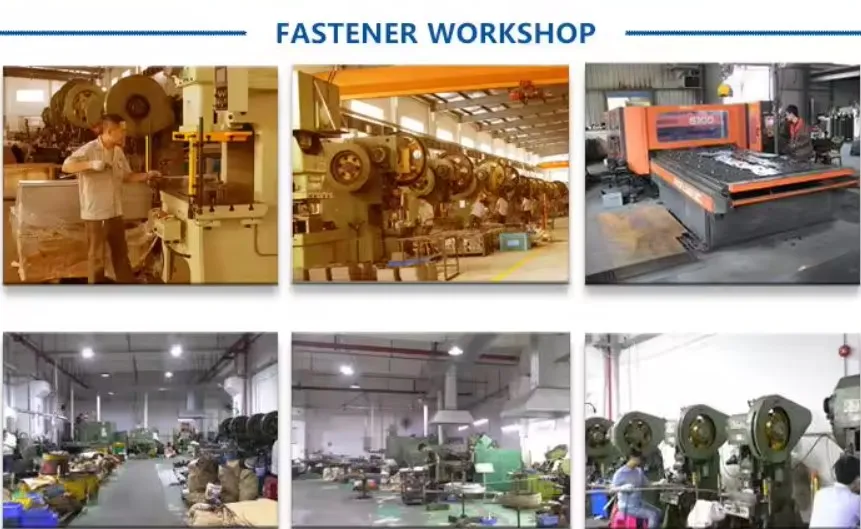
Differences between solid and flexible couplings include:
- Misalignment Tolerance: Flexible couplings can accommodate misalignment; solid couplings cannot.
- Vibration Damping: Flexible couplings absorb vibrations; solid couplings transmit them directly.
- Shock Absorption: Flexible couplings can absorb shock loads; solid couplings are rigid.
- Material: Flexible couplings often use elastomers or flexible metals; solid couplings are typically made of rigid metals.
What is the Problem with Flexible Couplings?
Some problems with flexible couplings include:
- Limited Torque Capacity: May not be suitable for extremely high torque applications.
- Wear and Tear: Flexible elements may degrade over time, requiring regular inspection and replacement.
- Initial Cost: Higher initial cost compared to some rigid couplings.
- Complexity: Requires precise alignment and installation to avoid premature failure.
How to Choose or Customize Suitable Flexible Flange Coupling
To choose or customize a suitable flexible flange coupling, consider the following parameters:
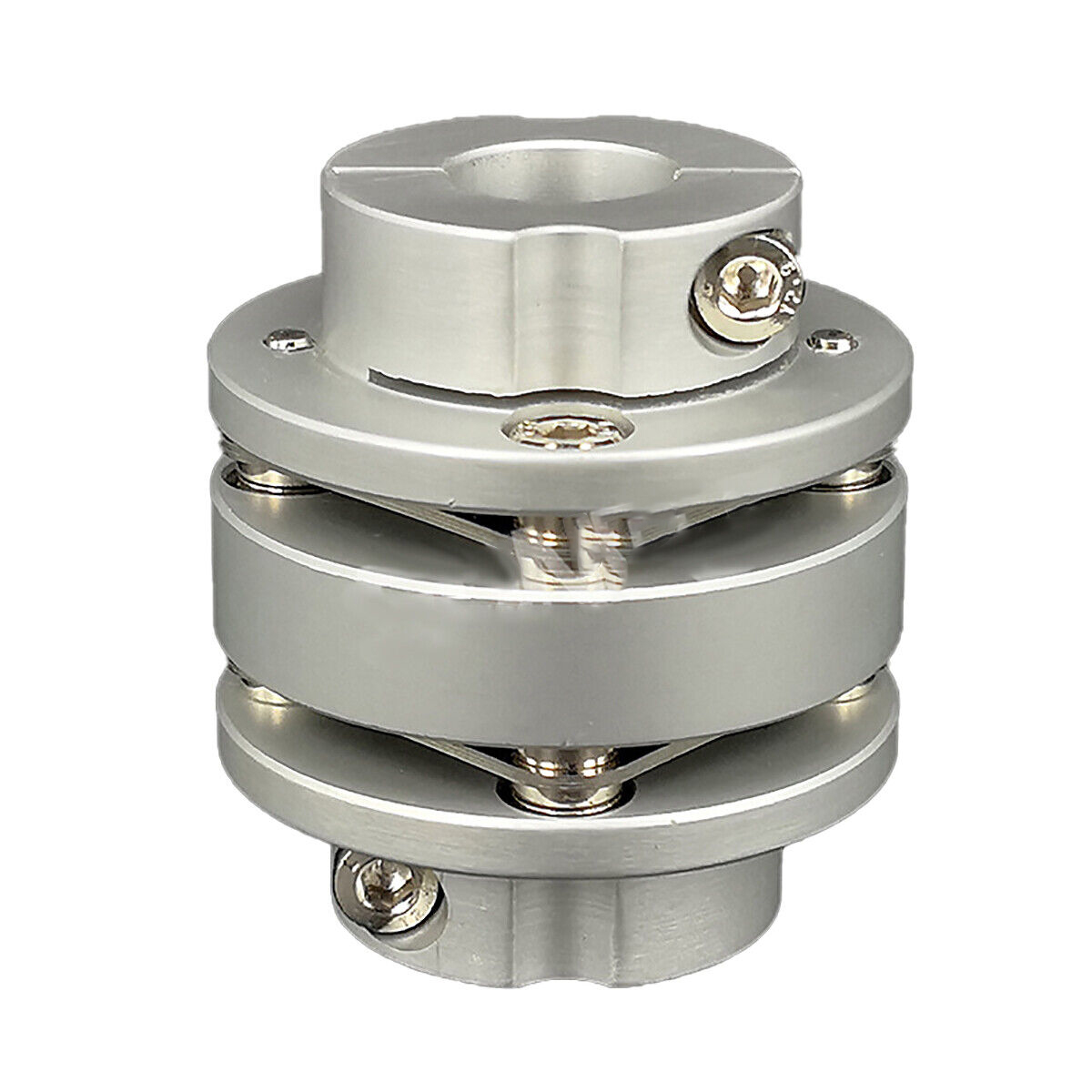
- Load Capacity: Ensure the coupling can handle the maximum torque and load requirements.
- Environmental Conditions: Select materials and designs that can withstand the specific operating environment.
- Misalignment Tolerance: Determine the level of misalignment the coupling needs to accommodate.
- Size and Weight: Ensure the coupling fits within the spatial constraints and does not add excessive weight.
- Maintenance Requirements: Consider the ease of maintenance and availability of replacement parts.
About HZPT
HZPT was founded in 2006 and is a professional manufacturer specializing in the development and production of high-precision couplings, ball screw support units, motor brackets, and motion modules. Our product line includes servo motor couplings, stepper motor couplings, micro motor couplings, encoder couplings, and more.
Advantages:
- Advanced Technology: We utilize cutting-edge technology in our manufacturing processes.
- In-House R&D: We have our own research and development center for continuous innovation.
- Self-Owned Processing and Testing Systems: We maintain stringent quality control through in-house processing and testing.
- ISO 9001:2015 Certification: Our operations comply with international quality standards.
- ROHS Compliance: Our products meet environmental and safety standards.
Currently, we have over 30 product lines widely used in electronics, solar, photovoltaic industries, machine tools, packaging, mold making, medical, printing, and various automated machinery. Our products are recognized and widely used by top clients globally, including those in Japan, the USA, Germany, Israel, Malaysia, Singapore, and Taiwan.
Why Choose Our Flexible Flange Coupling?
As a professional manufacturer of flexible flange couplings, we offer:
- Custom Solutions: We provide tailor-made couplings to meet specific requirements.
- High Quality: Our products are made from premium materials ensuring durability and performance.
- Expertise: With years of experience, our team ensures the best technical support and guidance.
- Global Recognition: Our products are trusted and used by leading companies worldwide.
- Comprehensive Service: From design to after-sales service, we offer end-to-end support to our customers.
Contact us today to learn more about our flexible flange couplings and how we can support your tidal energy projects.
